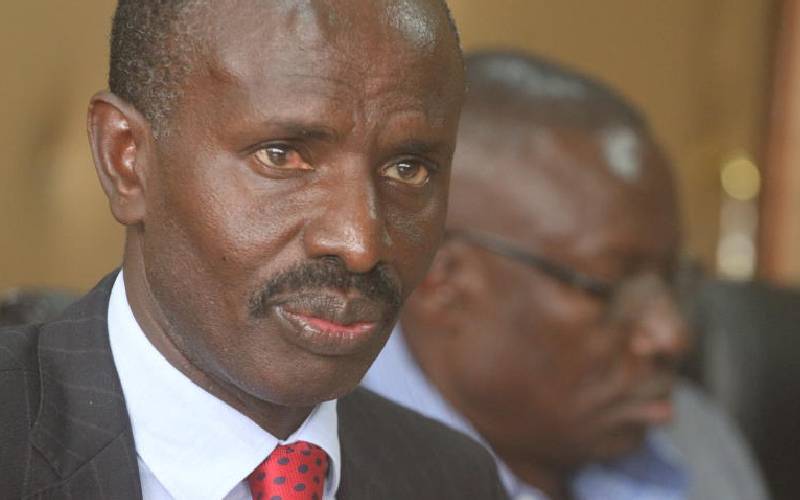×
The Standard e-Paper
Kenya’s Boldest Voice

Kenya National Union of Teachers Secretary General Wilson Sossion. [Photo, Standard]
A row is looming over teacher preparedness for implementation of the new curriculum, months after the national roll out kicked off.